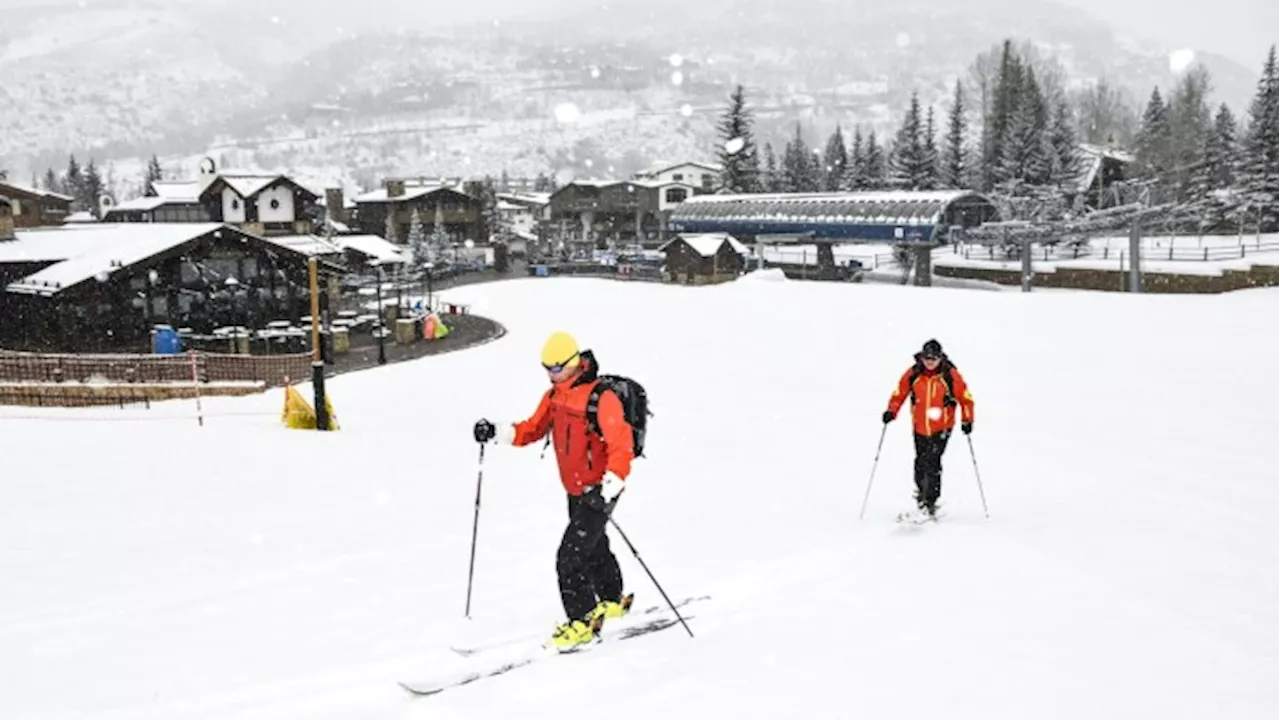The ski industry faces a double whammy: climate change threatening its very existence and Wall Street's relentless pursuit of profits. While the future of skiing remains uncertain, companies like Vail Resorts are capitalizing on the current landscape by squeezing maximum revenue from skiers through expensive season passes and add-ons.
Climate change may turn the ski industry into the equivalent of a melting ice cube. But until then, Wall Street is determined to skim as much cold hard cash as it can from the slopes. Earlier this week, Vail Resorts settled a labor dispute with the Park City Professional Ski Patrol Association, a labor union that represents workers at a Utah mountain controlled by the publicly traded Vail Resorts.
Social media through the holidays had been filled with images of long lines and unhappy skiers at Park City suffering through the thinly staffed venue. Like Park City’s towering Jupiter Peak itself, the ski industry’s quirky structure has been carved over time. Once an industry of independent operators who largely catered to middle-class skiers, the US market is now dominated by two players — Vail and Alterra Mountain. Each has rolled up ski resorts across America to create integrated national networks. Vail Resorts now has about 40 North American locations and even a few in Europe and Australia. Its present form can be traced to a leveraged buyout organized by Apollo Global Management more than 30 years ago. The ski duo’s chief strategy is to nudge skiers away from daily fee lift tickets and into season-long “passes”. They also push expensive add-ons from equipment rentals to food and accommodations. For the well-heeled power user, the bundling can make sense. But increasingly even affluent Americans are realizing it is cheaper to book European ski excursions than to jet to the Rockies. The Wall Street logic is pretty solid. Revenue based on daily walk-up skiers is erratic given variability in weather conditions, a risk that has been exacerbated by a warming climate. Vail’s roughly $1,000 season pass, known as Epic, locks in revenue. Ditto the Ikon pass offered by Alterra, which is held by the private equity firm KSL Partners. Passes made up a quarter of Vail revenue in 2008; now it’s 65 percent. The union said it had secured a $23/hour base wage for patrollers up from the current $21/hour. Vail had previously said patroller pay had jumped 50 percent in total in recent years. The company maintains that its staff is treated better than ever. Regardless of the balance of power, the cost of doing business has shot up. For customers, that means higher prices. Vail and its backers would argue that skiers are better off for its efforts, and its professionalized management. The company’s enterprise value is about $10bn — triple what it was a decade ago. Still, many skiers pine for the days when they could drive up to the mountain and pay less than $100 for a day on the slopes, instead of the several hundred dollars today. Now they pay more and get more, whether they want it or not
Environment SKI INDUSTRY WALL STREET CLIMATE CHANGE SEASON PASSES PROFITS
United Kingdom Latest News, United Kingdom Headlines
Similar News:You can also read news stories similar to this one that we have collected from other news sources.
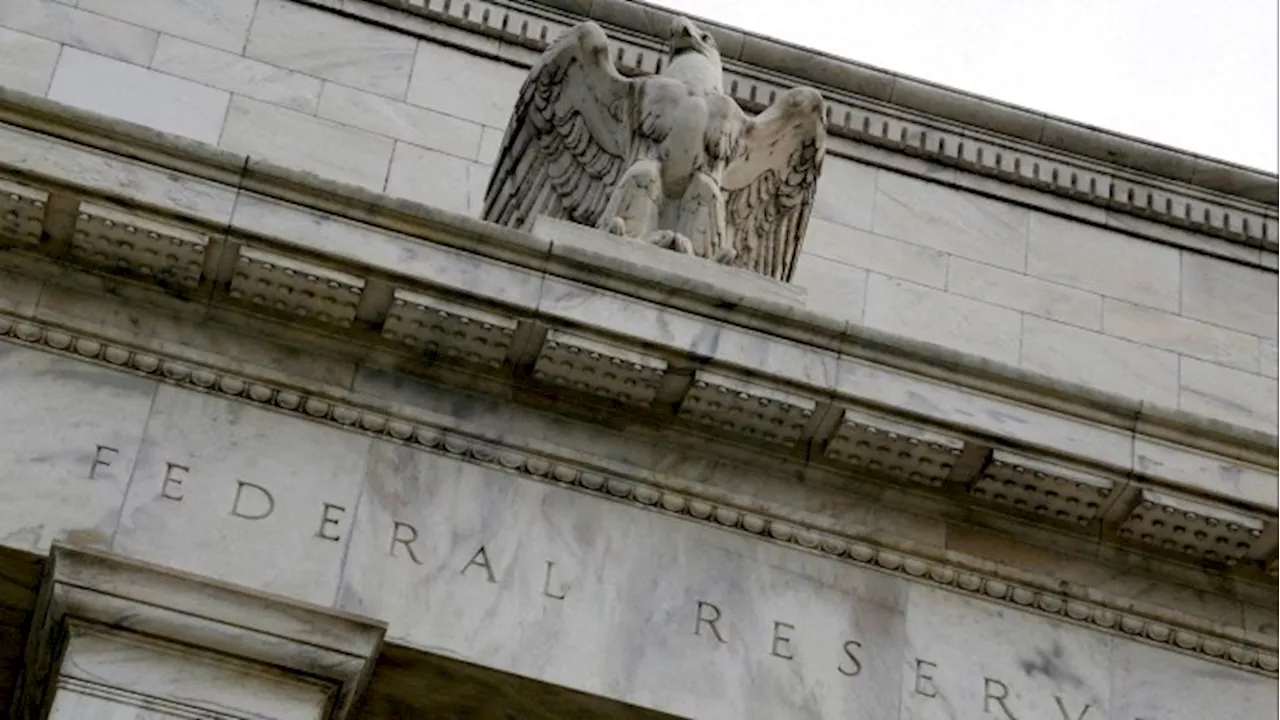 Dollar set to extend Trump rally, says Wall StreetUS president-elect unlikely to get his wish of a weaker currency, according to analysts and investors
Dollar set to extend Trump rally, says Wall StreetUS president-elect unlikely to get his wish of a weaker currency, according to analysts and investors
Read more »
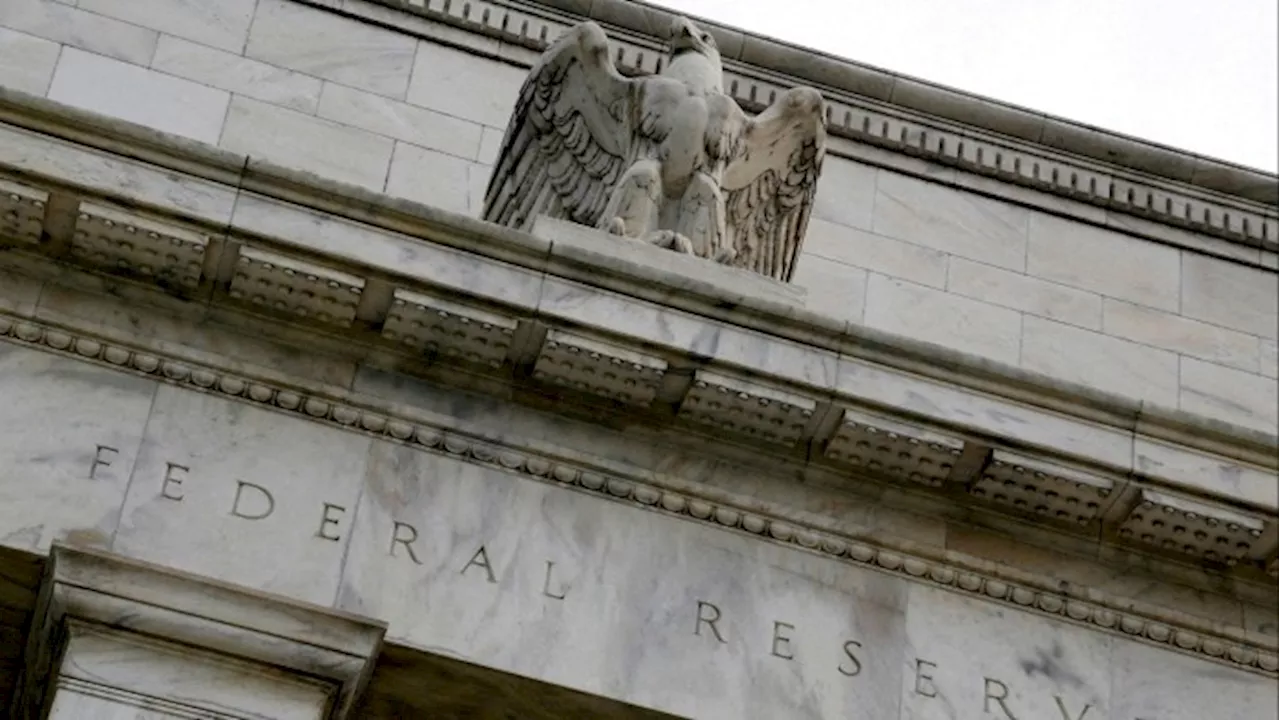 Wall Street Predicts Dollar Strength Despite Trump's Weaker Currency DesireThe US dollar is predicted to strengthen further despite President-elect Donald Trump's call for a weaker currency. Financial institutions anticipate the dollar's continued rise in 2017, citing market expectations for Trump's trade policies and tax cuts. This contradicts Trump's view on the strong dollar's negative impact on the US economy.
Wall Street Predicts Dollar Strength Despite Trump's Weaker Currency DesireThe US dollar is predicted to strengthen further despite President-elect Donald Trump's call for a weaker currency. Financial institutions anticipate the dollar's continued rise in 2017, citing market expectations for Trump's trade policies and tax cuts. This contradicts Trump's view on the strong dollar's negative impact on the US economy.
Read more »
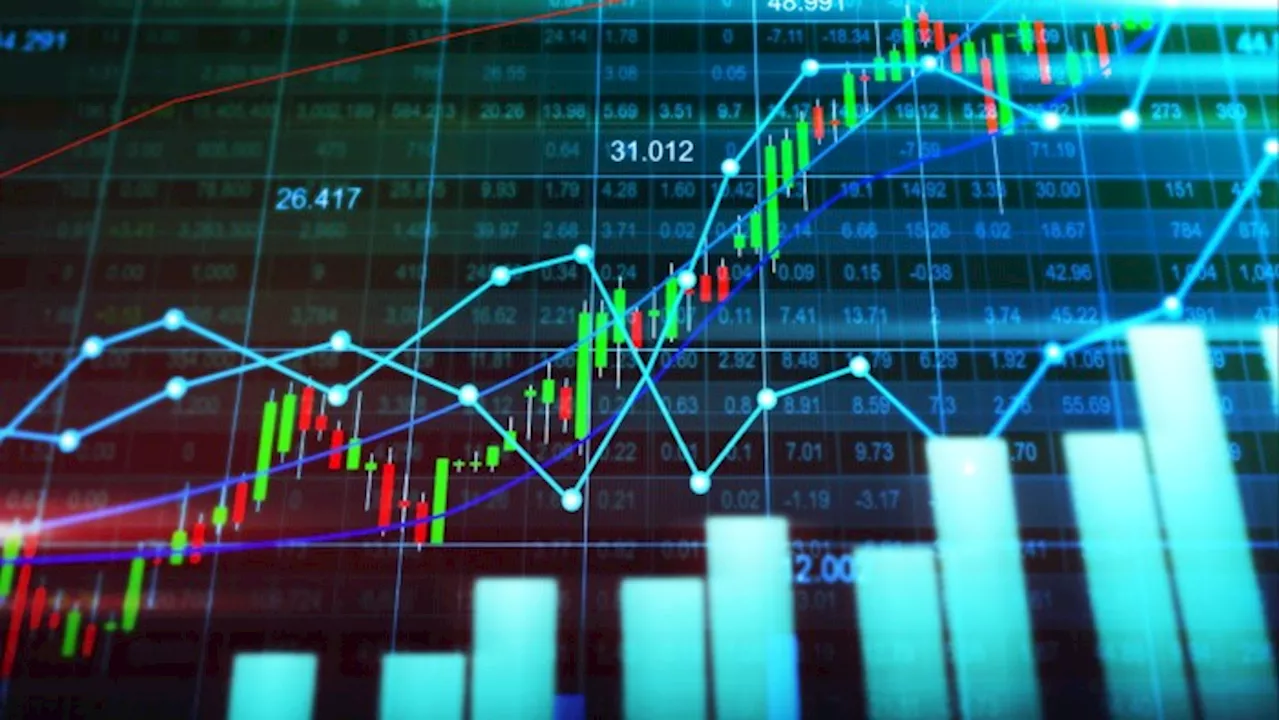 Inside Wall Street’s booming $1tn ‘synthetic risk transfer’ phenomenonThe latest three-letter acronym to excite and alarm people
Inside Wall Street’s booming $1tn ‘synthetic risk transfer’ phenomenonThe latest three-letter acronym to excite and alarm people
Read more »
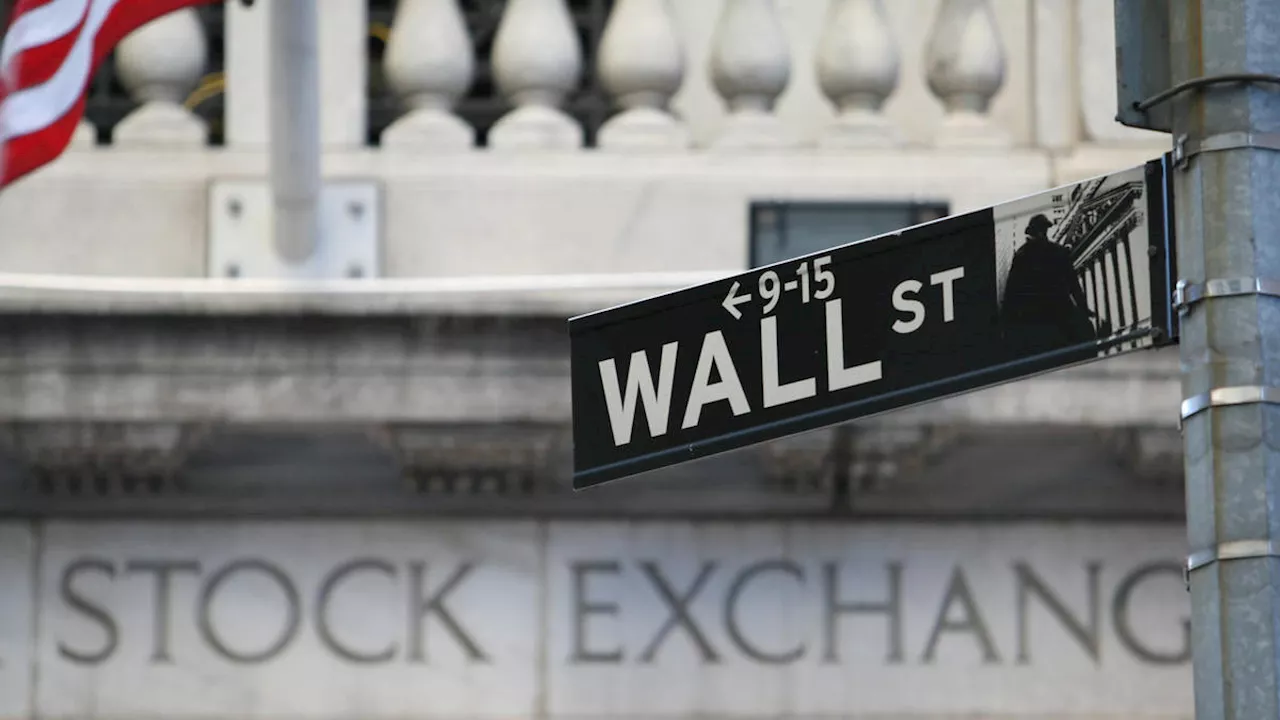 Wall Street stocks rally at end of choppy week for global marketsIt was a mixed session for global stocks as investors continue to digest key economic releases and central bank signals.
Wall Street stocks rally at end of choppy week for global marketsIt was a mixed session for global stocks as investors continue to digest key economic releases and central bank signals.
Read more »
 Wall Street banks see gains ahead for stocks and bondsBut Trump’s impact remains major uncertainty for markets, say strategists
Wall Street banks see gains ahead for stocks and bondsBut Trump’s impact remains major uncertainty for markets, say strategists
Read more »
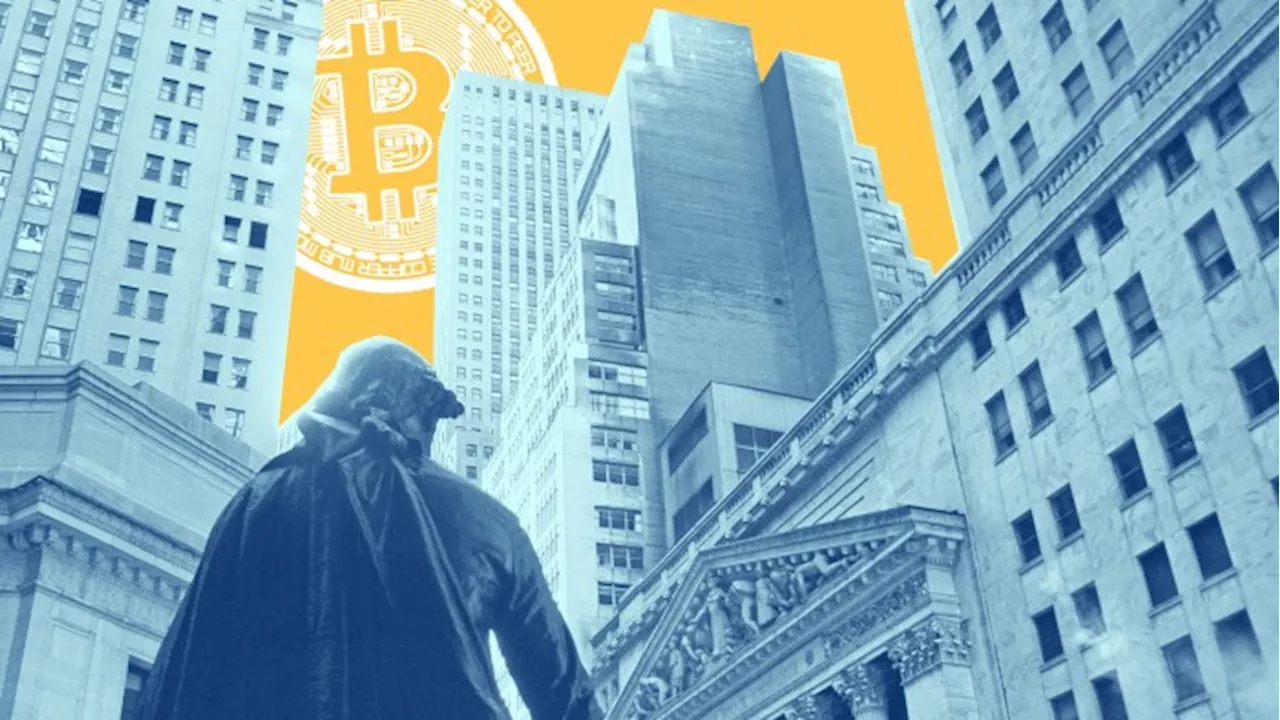 Wall Street Banks Embrace Cryptocurrency Amidst Regulatory ShiftsInvestment banks are increasingly supporting cryptocurrency-related capital raisings, marking a significant shift from their previous reluctance. The approval of bitcoin ETFs and potential regulatory changes under a more crypto-tolerant SEC are driving this trend.
Wall Street Banks Embrace Cryptocurrency Amidst Regulatory ShiftsInvestment banks are increasingly supporting cryptocurrency-related capital raisings, marking a significant shift from their previous reluctance. The approval of bitcoin ETFs and potential regulatory changes under a more crypto-tolerant SEC are driving this trend.
Read more »
